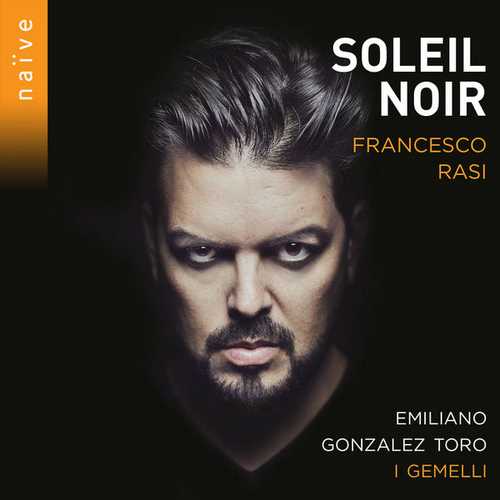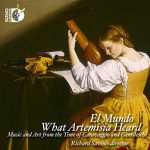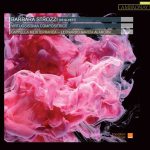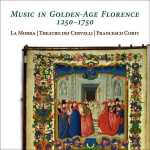
Composer: Giuseppino del Biado, Giulio Caccini, Thomas Dunford, Andrea Falconieri, Marco da Gagliano, Carlo Gesualdo, Sigismondo d’India, Claudio Giovanni Antonio Monteverdi, Jacopo Peri, Francesco Rasi
Performer: Emiliano Gonzalez Toro, I Gemelli
Format: FLAC (tracks)
Label: Naïve
Release: 2020
Size: 784 MB
Recovery: +3%
Scan: yes
01. Indarno Febo (Il pianto d’Orfeo)
02. Filli mia, filli dolce
03. La Mantovana: Fuggi, fuggi da questo cielo
04. La Dafne: Lamento d’Apollo
05. Amarilli, mia bella
06. Le varie musiche: No. 17, Un di soletto
07. Passamezzo (Improvisation)
08. Ardo, ma non ardisco
09. Messagier di speranza
10. La suave melodia
11. O che felice giorno
12. Gagliarda del Principe di Venosa
13. Dalla porta d’Oriente
14. Amico, hai vinto
15. Scherzi musicali, SV 247: No. 2, Quel sguardo sdegnosetto
16. O pura, o chiara stella
17. E vivere e morire
Composer, poet and virtuoso singer, Francesco Rasi (1574-1621) unquestionably influenced the vocal style around the dawn of the 17th century and the birth of opera. He created the title role in Monteverdi’s opera L’Orfeo; and in the shady ambiguity of his personal character he seems to embody the chiaroscuro atmosphere of late Renaissance Italy. This programme, devised by Emiliano Gonzalez Toro and his ensemble I Gemelli – here in its most intimate, pared-down line-up of solo voice, viola da gamba, lute and harp – displays the art of the tenor at the fruitful period of the canto fiorito, the ornately decorated melody so emblematic of the vocal school of Florence and Ferrara.
“This recording reflects his musical surroundings, whatever he sang or was closely involved in”, explains Emiliano Gonzalez Toro. “Soleil noir” brings together the great Italian composers of the period: Caccini, Da Gagliano, Del Biado, D’India, Falconieri, Gesualdo, Monteverdi and Peri. The melodies penned by Rasi are ones he actually sang, accompanying himself on the lute or the harp, and some of their poetic verses are his own too. The artist’s detailed research into the text aims to focus attention on the poetry rather than the instrumental line-up: and thanks also to Emiliano Gonzalez Toro’s flexible range of many-coloured vocal nuances, the singer is once again at the very heart of the music, as he was at that period: ‘the wellspring of all the inflections, tempi and instructions in the continuo part’, and he reveals a world of shafts of light reaching out beyond the darkness.



